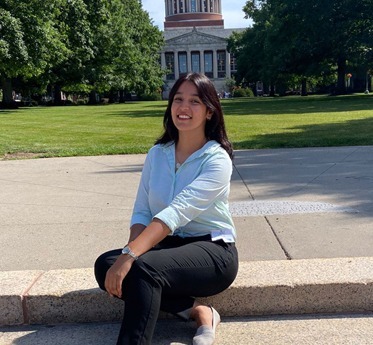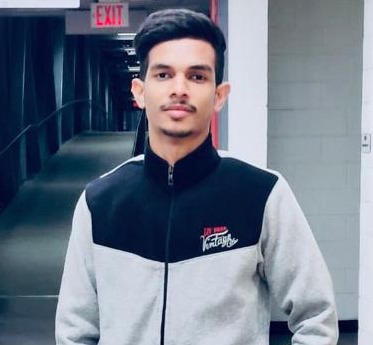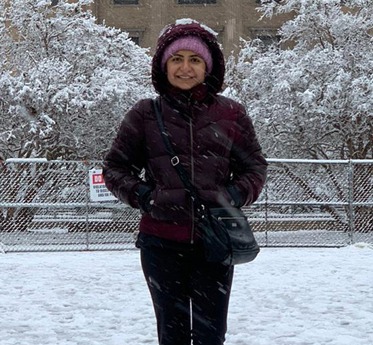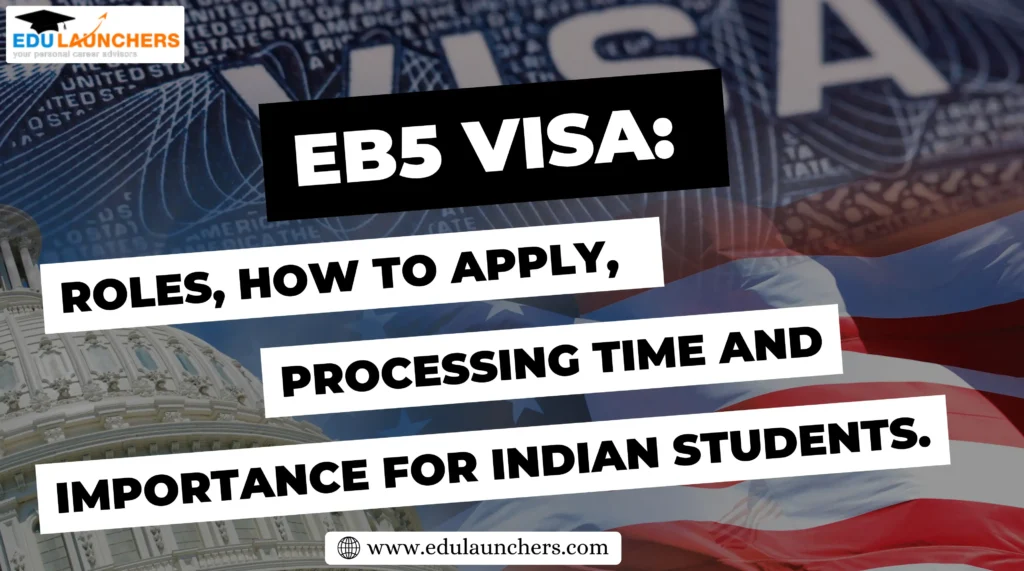Study in India
India is an international country. Apart from being home to more than 6 landforms, India boasts about its geographical diversity and is a proud host of over 19,500 languages. The country is globally known for its food fusions and picturesque landscapes.
With a population of over 1.3 billion people, India is not only the world’s largest democracy but also a rising global education hub. International students are increasingly choosing India as their preferred destination for higher education. The country offers diverse opportunities, affordable education, and a vibrant cultural experience.
But talking about the education sector in particular, the country is continuously growing and reshaping its educational ecosystem too. This is evident in the ranking of most favourable nations to pursue education, where India ranked at 40th position in 2018, 35th in 2020 and 32nd in 2021.
The cost of education and living in India will seem like a steal compared to developed nations such as The United States and Australia.

Facts about international students in India
- Between 2016 and 2021, several international students in India arrived from Malaysia, Sudan, Sri Lanka, Thailand, Yemen, the Republic of Korea, Iran, and Iraq. Together these nations make up almost half of the international student population in India.
- Similar figures also showed that from 2016 to 2021, India welcomed international students from over 160 nations.
And looking at these increasing numbers, the Ministry of Education, Government of India, has launched its flagship program named ‘Study in India’ to attract foreign students to India.
Why Study in India?
India is a blend of rich culture and a large population with beautiful landscapes and delicious cuisines. With the country’s rising education structures and reforms it has been a hub for the international population. Over half of the student population of India comprises international students from Sri Lanka, Yemen, the Republic of Korea, and Malaysia. India welcomes every international student with an open arm and there is also no communication barrier as English is one of the most spoken languages in India.
- High-class education policies
- Rich blend of cultures and people
- Global networking hub
- Affordable fee structure
- No communication gap
- Beautiful landscapes

Indian Education System
India is the oldest civilization in the world and the home to the world’s oldest university. In 2020, the Indian education system was worth over 117 billion USD, expected to rise to 225 billion USD by 2025.
With a higher education system that enrolls nearly 30 million students from 164 different countries, India is one of the world’s largest and most diverse educational hubs. The blend of theoretical and practical learning in the current education system ensures that students receive education on par with global standards.
Today India is 5th largest growing economy, even surpassing UK. With a growing economy comes a multitude of opportunities for growth and prosperity. This explains why the country has become a magnet for international students recently.
In 2021, the number of international students studying in India rose by 14% despite the global pandemic spatter.
International Student Community
India has been welcoming international students with open arms for decades. With a growing community of over 210,000 international students, you will have the opportunity to interact and learn from peers worldwide. This multicultural environment fosters global friendships, promotes cross-cultural understanding, and enhances your overall educational experience.

Requirements for Students Applying to India?
To be eligible to study in India, you must meet the following criteria:
- If you want to apply you must be over 17 years of age.
- The minimum requirement is a graduate degree from a well-recognized institute and a score of at least 70% – 90% in relevant courses.
- If you are a non-native English speaker you might have to take English language proficiency proof with tests like IELTS or TOEFL, these tests are to check the spoken and written English of the candidate and the reasoning skills of the candidate applying.
Steps to Study in India

Benefits of Studying in India
In India education is one of the best growing and advanced. Students from all countries are interested in attending courses in India. Here living and academic costs are affordable.
- High-class education
- Cost affordable
- Growth opportunities
- Scholarships
- Beautiful environment and landscape
- Diversity in cultures and populations
Higher Study Options
| Part-time work duration allowed |
Bachelors | No |
Masters (MS/MBA) | No |
Eligibility to Study in India
Study Options | Minimum Educational Requirement | Minimum Required Percentage | IELTS/TOEFL Score |
Bachelors | 12 years of education (10+2) | 50% | Depending on the university score can range from 5.5 band to 7 band. |
Masters (MS/MBA) | 3/4 years graduate degree. | 50% | Depending on the university score can range from 5.5 band to 7 band. |
Cost of Studying in India
University Fees depend upon the study program you choose. The table below gives information about the course and average tuition fees.
Study program | Annual fees (INR) |
Undergraduate Program | Starts from 300,000 |
Post-graduate/master’s program | Starts from 500,000 |
Doctoral Degree | Starts from 500,000 |
Higher Study Options | Average Tuition Fee per Year (INR) | Visa Fee (INR) | Living Expenses for 1 Year (INR) |
Bachelors | 100,000 and Above | 25,000 | 100,000 (approximately) |
Masters |
Upcoming Intakes in India
Universities and colleges in India offer only 1 intake. We recommend applying well in advance, as admissions and scholarships become more competitive as the deadline approaches. It is advisable to submit your application 6 to 8 months before the commencement of the academic session for better chances of success.
Intake 1 |
January |
Study Options | Duration | Intake Months | Deadline to Apply |
Bachelors | 3-4 Years | January | 6-8 months before the start of an academic session |
Masters | 2 Years | January |

Variety of Institutions
India boasts a vast and diverse higher education system with over 36000 institutions offering various courses and programs. From globally renowned Indian Institutes of Technology (IITs) and Indian Institutes of Management (IIMs) to prestigious universities and colleges, there is something for everyone. Whether interested in engineering, medicine, business, humanities, or the arts, you will find numerous options to pursue your desired field.
Additionally, to make the admissions process more accessible, many Indian universities accept SAT scores from international students, eliminating the need for additional entrance exams.
Top 5 Universities in India 2024
Global rank | Universities |
225 | Indian Institute of Science Bangalore |
427 | Anna University |
501 | Jamia Millia Islamia |
501 | Mahatma Gandhi University |
771 | Shoolini University of Biotechnology and Management Sciences |
Scholarships Provided to Students
Scholarship Name | Amount per year (INR) |
General Scholarship Scheme For Foreign Students | Up to 15,000 |
Indira Gandhi Institute Of Development Research Scholarship | Up to 30,000 |
Indian School Of Business Scholarship | Up to 60,000 |
Nalanda University Scholarship For Foreign Students | Up to 70,000 |
SIU-ICCR Scholarship For Developing Countries | Up to 50,000 |
Types of Indian Student Visa
Provisional visa for students: if the applicant does not have a letter of admission into a university, the Indian posts may issue them a provisional visa based on their additional documents. Provisional visa has a validity of 6 months and can be extended up to 6 more months.
A student Visa (S-8): A student visa (S-8) is issued to students seeking religious study in specific universities and their visa length is equivalent to the time of their course length.
A student Visa (S-6): Visa S-6 is issued to those who are under training of one year, depending on the course. For private passport holders with visa over 180 days a legal registration is required.
A student Visa (S-7): Students taking admission in university of South Asia and Nalanda University are issued this visa and they have to register with FRRO/FRO within 2 weeks of their arrivals.
Indian Student Visa Requirements
Acceptance letter: Once selected into a university the department provides a letter of acceptance which consists of all the details about the course and its duration. This letter is the proof of your selection and commencement of the visa process.
Passport: Your passport is your proof of identity and holds your ID in other countries. Your passport must have a validity of at least 6 months before your departure date from the country.
Residency proof: A copy of your nations ID will be required to confirm your current residency with a utility bill which cannot be older than 6 months from the date of application of visa.
Academic reports: Educational certificates are very important to take up further courses in India. You must have your report cards from high school, graduation, or post-graduation depending on the course you want to get into.
Visa Processing Time
Processing Time for India is around 2 weeks. This time is completely approximated, depending on your speed of submitting the required documents the time may vary. It is advised to check and submit complete documents a few months before the time of course commencement.
How Do Edulaunchers Help You to Study in India?
Edulaunchers is a leading consultant that practices what it preaches. Our dedicated group of professionals guarantees that each student receives reliable and appropriate guidance, allowing their ambition of studying abroad to become a reality filled with excellence and achievement.
Affordable Counseling Process: We want you to fulfil your dream of studying abroad without burden.
Expert Counselors: Our counsellors are experts for each country who will help you get to the best countries to study abroad.
Visa Guidance: Guidance for your visa application, SOP and interview. Benefit from our high success rate.
Recently Graduated Students



Our Latest Blog
Recently Asked Question
Considering the ongoing trend of Artificial intelligence, studies in AI, Big Data, biomedical engineering, information technology, cyber security expert, gaming and data science are some of India’s best courses for a bright future.
As per the latest statistics launched by the All India Survey of Higher Education (AISHE), 48,035 international students were studying in India from 2020-2021.
The process is straightforward if you’re looking to secure a study loan in India. You have two options: apply directly through the government’s Vidya Lakshmi portal (VLP), or fill out a simple form on the lender’s website to receive a loan quote. Once you submit your application, bank representatives will contact you via phone or email to discuss the details.
India has several banks that provide education loans, including the State Bank of India (SBI) and HDFC Bank. The maximum limit for a study loan in India is 125 lakh, which is over $150,000 USD.





